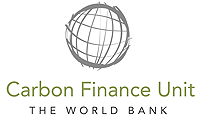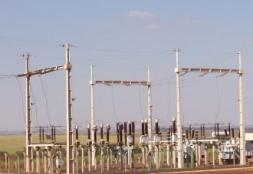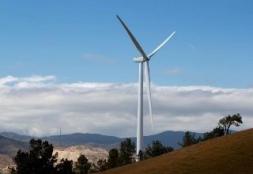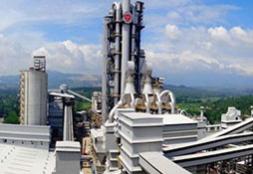The Prototype Carbon Fund (PCF) pioneered projects that produced greenhouse gas emission reductions within the framework of the Kyoto Protocol to the United Nations Framework Convention on Climate Change (UNFCCC). The PCF sought to show how project-based greenhouse gas emission reduction transactions can lower the cost of compliance with Kyoto, promote sustainable development, and mobilize new resources for Bank clients.
The PCF was approved by the World Bank’s Board in July 1999 and formally launched in January 2000. It was structured as a closed-end mutual fund serving as a new source of financing for projects in sustainable development in the energy, industrial, waste management, land rehabilitation, and clean technologies sectors, with investment operations expenses entirely funded by participants’ annual contributions and PCF investment income.
Although originally envisaged as a $100 to $110 million fund, PCF closed in April 2000 with $135 million in subscriptions from 6 public and 15 private entities. On October 31, 2000, two additional private sector participants entered into Participation Agreements with PCF. In May 2000, the Bank’s board raised its cap to $180 million based on perceived demand. By December 2002, the Fund reached its fully subscribed level.

























